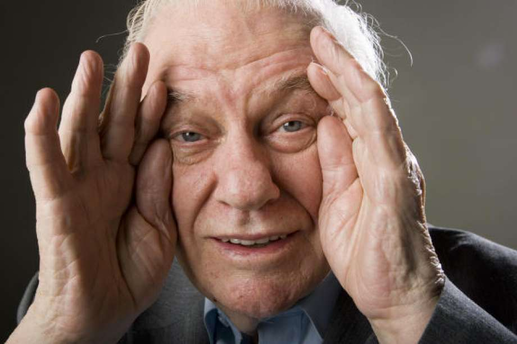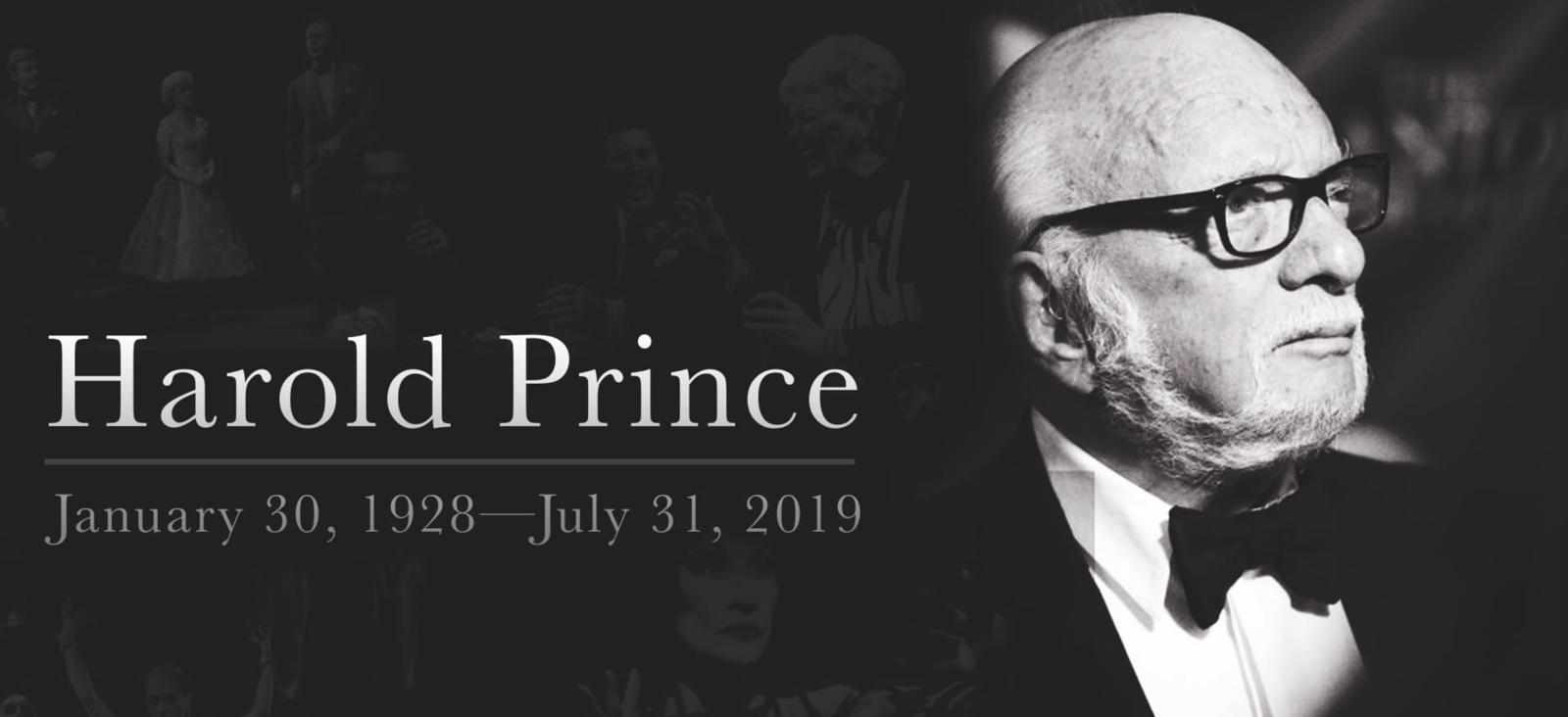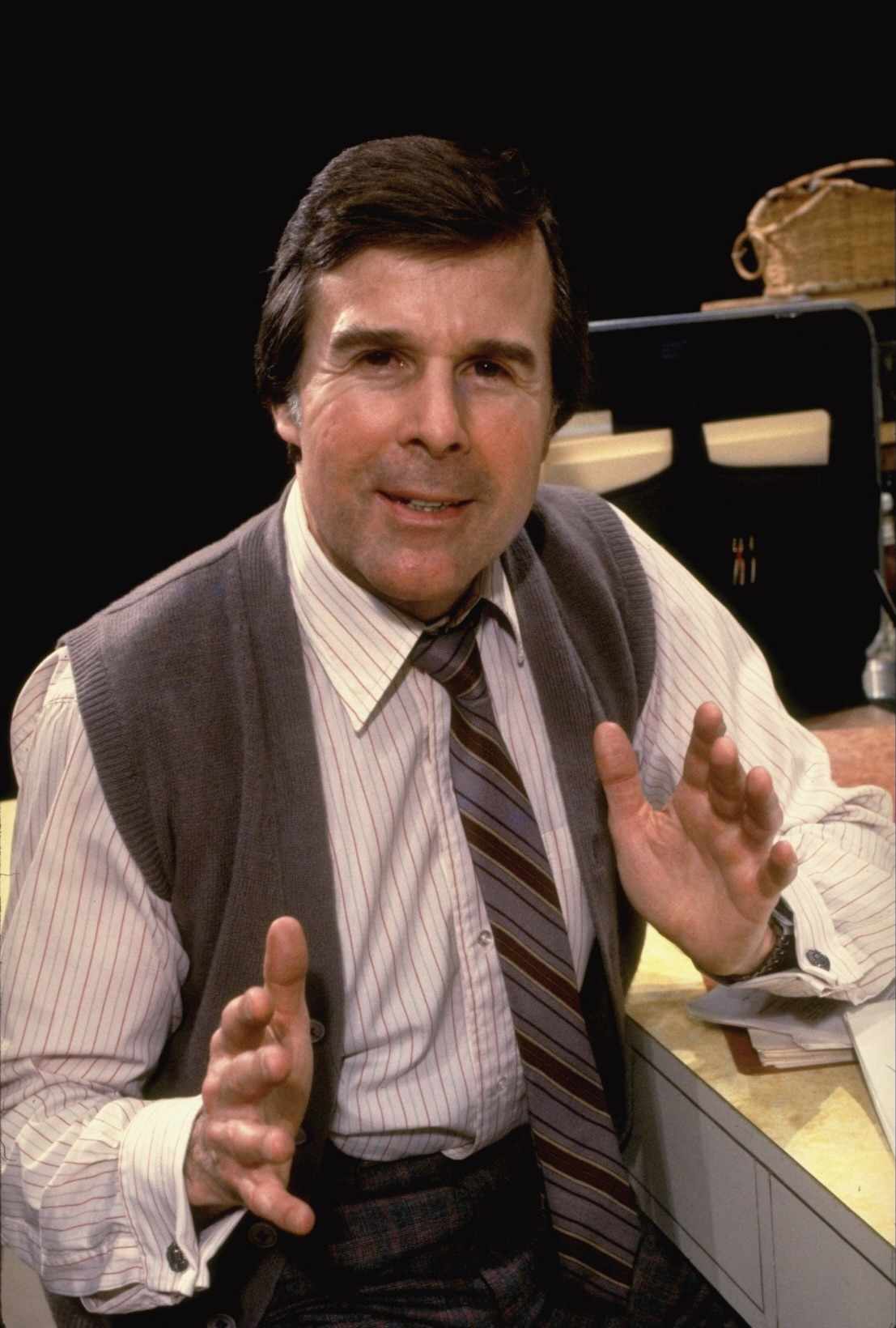
December 19, 2023: Theatre Yesterday and Today, by Ron Fassler
Time once again to pay tribute to Meredith Willson’s The Music Man, which opened on Broadway at the Majestic Theatre sixty-six years ago on December 19, 1957. Its recent critically challenged revival, starring Hugh Jackman and Sutton Foster that played during the Covid-challenged year of 2022, ended up a smash hit anyway. It's sort of indestructible. And it's always been one of my all-time favorite musicals even though it's not nearly the towering achievement that such shows as A Chorus Line, Porgy and Bess or Sweeney Todd are. But still... it's a favorite.
I readily admit that its charms are not universal. There are many who think it’s cornball and silly (which it is). But it’s also deep and true, which is why it has endured for so long as such a popular title in schools and regional theatre. Willson based it on the people he knew from his home town of Mason City, Iowa. The young boy in him never really grew up and his ability to reproduce 1912 Iowa on a Broadway stage grew out of his knowing its denizens so well. The fictional River City, whose populace are so “Iowa Stubborn” that they can stand touching noses for a week at a time and never see eye-to-eye, were essayed with great affection. Dropped into their daily routine comes a con man with a patented scam, whereby pretending to be a band leader, he pries open wallets and purses taking money for something that will never become a reality. The self-named “Professor” Harold Hill can’t read a note of music.
And what else is The Music Man other than a story of one young man’s yearning for family (the little boy Winthrop, whose father has died), and a community longing to put their faith in something (or someone)? And if they find out shortly before its conclusion that they may have chosen the wrong vessel, they quickly figure out what has been missing from their lives and that this salesman is offering something they badly need. For want of a better phrase, it’s the sound of music — the rhythmic heartbeat of the play — and its power to feed the soul. I believe it in my gut these attributes as the real thing. At the center of what we experience in every great musical is how its music transports us out of ourselves and into a realm where limited possibilities seem unlimited for a time—usually about two-and-a-half hours.

One of the reasons the original Broadway production was such a rip-roaring success was the performance of Robert Preston in the title role. It’s hard to imagine the element of surprise that played a part in how highly praised this actor was when the show premiered. Having only recently returned to the stage (his first love) after twenty years of making films in Hollywood, the theatre-trained Preston had first been discovered at the age of nineteen at the Pasadena Playhouse. Quickly signed to a Paramount contract, he had no say over what films he appeared in for the next two decades. Frustrated, he chucked it all, moved to New York and managed parts in nine shows over six seasons between 1951 and 1957. Not only was The Music Man his first musical on Broadway it was his first musical! And what a natural he was.

Of course, I never saw Preston on stage as Harold Hill since I was nine months old when it opened. Naturally, I’ve always been curious about what it was like to see Preston in the show and I have asked anyone who was a theatregoing regular back then what they thought of his performance. The reactions and commentaries never vary on what a sensation he was. Those who got to see him on stage over the ensuing two decades, especially in musicals, were indeed lucky. Fortunately, I got to experience him in later shows like Harvey Schmidt and Tom Jones’s I Do! I Do! and Larry Gelbart’s comedy Sly Fox. Seeing him on stage was pure joy, as Preston was present (in the best sense of the word) with his fellow actors and audiences alike. Fleet of feet and with a larger-than-life persona, he somehow stayed grounded. As he put it himself: “A great old character actor once said to me, ‘Wherever you’re acting, you reach up and take hold of the proscenium arch, and you pull it down around your shoulders.’”
And in Barbara Cook, whose Marian Paroo was responsible for her one and only Tony Award, the production had the best ingenue of her day (and perhaps any other). When she died in 2017, her memorial at Lincoln Center took place on the 60th anniversary of Music Man's opening night. It wasn't lost on any of the attendees, of which I was one. What a powerful and beautiful talent she was.

But The Music Man is more than any actor’s interpretation of its leading roles. It’s a model of construction, its action never lags, it has a glorious score accompanied by an accomplished and funny book, and it builds the love affair between Harold and Marian the Librarian to its logical conclusion slowly and effortlessly. You believe it, which is why it works so well.

By 1957, Meredith Willson was already a highly successful composer and musical director. He had first been approached about writing a musical by the producing team of Cy Feuer and Ernie Martin, themselves responsible for some of the best musicals of the 50s and 60s (Guys and Dolls and How to Succeed among them). For six long years, efforts to find investors proved next to impossible. Willson was driven to try many iterations (and even titles). The Silver Triangle was one that stuck for a while, as did the character of Winthrop, a spastic child in a wheelchair. Of course that changed, as we have all come to know him as the young boy with the lisp. Willson covers all of this in his book, But He Doesn’t Know the Territory, published in 1959, which is a wonderful read and available via Amazon on Kindle for $9.99.

In terms of its development, the biggest change (for the better) was when Feuer and Martin lost faith in the show, and asked Willson to write the score to a book they had optioned and were more excited about. Taking this as his cue for an exit, Willson personally picked up the phone and dialed Kermit Bloomgarden, a well-respected producer whose credits included such dramas as Death of a Salesman and The Diary of Anne Frank. As impressive as those plays were, Willson was more impressed by Bloomgarden’s most recent success (and the first musical he had produced), Frank Loesser’s The Most Happy Fella. This Loesser connection would go on to bear fruit as the title page of The Music Man lists the credit "produced in association with Frank Productions, Inc." (guess who?).
When Willson got the producer on the line and launched into his lengthy pitch, Bloomgarden finally interjected, “Pardon me, have we ever met?"

Succumbing to Willson's charm, it wasn't long before Bloomgarden was seated in a living room setting, listening to the composer and his wife Rina perform The Music Man from start to finish, just as they had done countless times for potential backers. Bloomgarden loved what he heard and had the couple reconvene a few nights later to audition the show for Moss Hart, then the most sought-after director on Broadway, having just come off his latest triumph, My Fair Lady. When Willson reported to Bloomgarden the next morning at his Broadway office, he was stunned to hear that Hart didn't like it. Crestfallen, he thought that Bloomgarden's enthusiasm must be an apparition, and sunk into despair. But it was Rina Willson who pointed out to her husband what Hart had hung up in the closet the previous evening: "A mink-lined overcoat! What would he know about small-town Iowans?"
Morton DaCosta, with hits like No Time for Sergeants and Auntie Mame under his belt came on board, put the dazzling Onna White in charge of choreography, and the rest is history. The Music Man ran for 1,375 performances. Next to My Fair Lady, it is the longest running musical that opened in the 1950s. And, of course, it made (in my humble opinion) the greatest translation from the stage to film of any of the Golden Age of Broadway musicals. That Robert Preston got to repeat the role was instrumental (pun intended) and is the person responsible for the whole reason I even write these columns.
So, if you don't mind my saying so, "Happy Anniversary" to The Music Man. Long may it reign.
If you enjoy these columns, check out Up in the Cheap Seats: A Historical Memoir of Broadway, available at Amazon.com in hardcover, softcover and e-book. Also, please follow me here on Scrollstack and feel free to email me with comments or questions at Ron@ronfassler.org.





















Write a comment ...